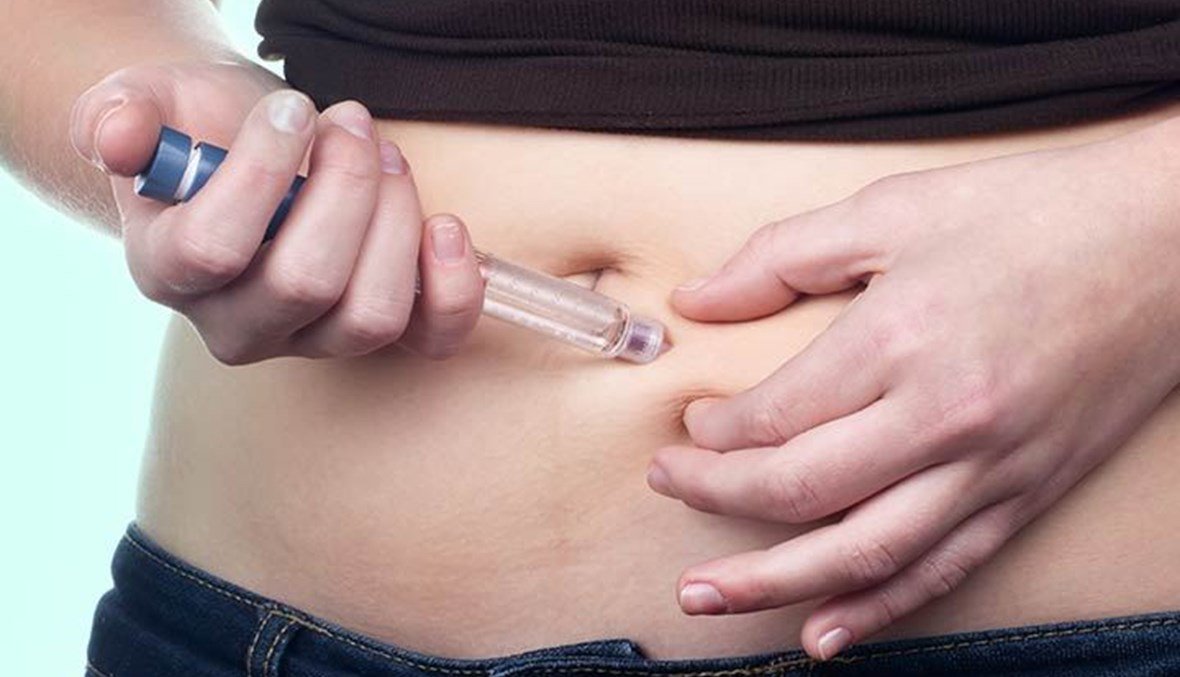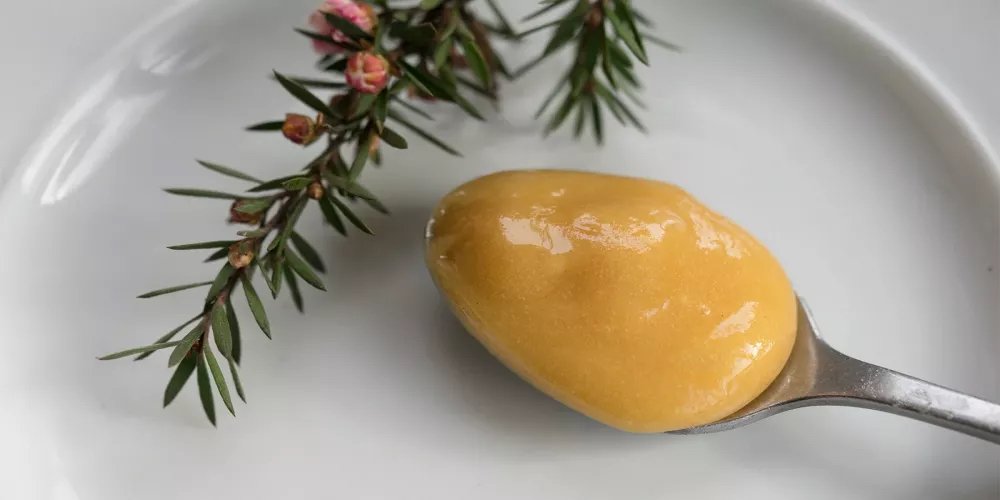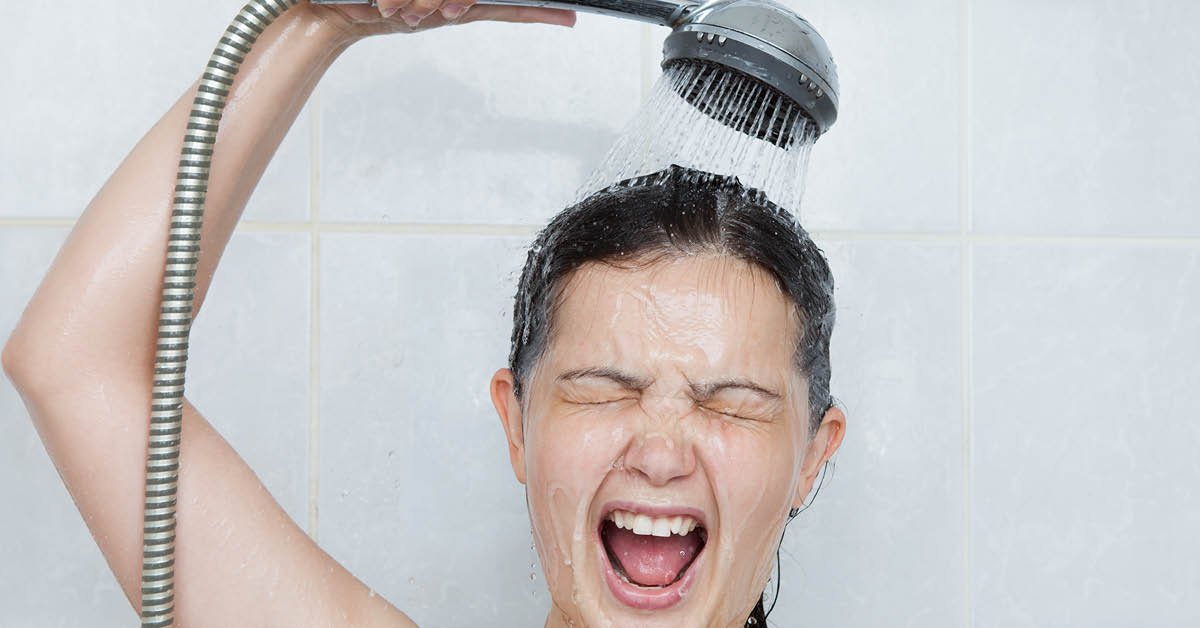In recent years, weight loss injections have gained popularity as an effective method for shedding unwanted pounds. These injections, often referred to as lipotropic or fat-burning injections, offer individuals a quicker route to weight loss by boosting metabolism and aiding fat reduction. However, while these injections can be a valuable tool in the fight against obesity, they are not a stand-alone solution. Maintaining proper nutrition is crucial to maximizing the effectiveness of these injections and ensuring long-term health benefits.
In this article, we’ll explore the importance of combining weight loss injections with a balanced diet, how nutrition impacts weight loss, and key dietary tips for those using these injections to achieve sustainable results.
What Are Weight Loss Injections?
Weight loss injections are medical treatments that often contain a combination of ingredients such as amino acids, vitamins, and medications like liraglutide or semaglutide. These injections work by:
• Enhancing the body’s ability to burn fat.
• Boosting metabolism.
• Suppressing appetite.
• Supporting the liver in processing and eliminating fat.
Commonly used in conjunction with a structured weight loss program, these injections can help people lose weight more effectively when combined with lifestyle changes such as exercise and dietary adjustments.
Why Proper Nutrition is Essential with Weight Loss Injections
While weight loss injections can enhance fat burning and suppress appetite, they are most effective when used as part of a comprehensive weight management plan that includes proper nutrition. Here are several reasons why maintaining a balanced diet is crucial when using weight loss injections:
1. Nutrient Absorption and Energy Levels
Weight loss injections can suppress appetite, making it tempting to skip meals or reduce calorie intake drastically. However, depriving the body of essential nutrients can lead to nutrient deficiencies, fatigue, and muscle loss. A nutrient-dense diet ensures that your body gets the vitamins, minerals, and macronutrients (proteins, fats, and carbohydrates) it needs to support energy production and overall health during weight loss.
For example, consuming sufficient protein is vital for maintaining muscle mass, which can decline if you lose weight too quickly. Muscle tissue helps burn calories, so maintaining muscle mass is essential for long-term weight loss.
2. Sustainable Weight Loss
One of the biggest challenges in weight loss is maintaining it over time. Relying solely on injections without adjusting dietary habits can result in yo-yo dieting, where weight is regained after the initial loss. To avoid this, adopting a sustainable, nutrient-rich eating plan ensures that the weight lost with injections stays off in the long term.
Weight loss injections may help jumpstart your weight loss journey, but lasting results come from incorporating healthy eating habits that can be maintained for life. This means emphasizing whole foods like fruits, vegetables, lean proteins, and whole grains.
3. Balancing Blood Sugar Levels
Many weight loss injections, such as semaglutide and liraglutide, affect the body’s insulin response and are often used in people with type 2 diabetes. While these injections can help regulate blood sugar levels, maintaining a balanced diet is still necessary to avoid spikes and crashes in blood sugar.
Eating balanced meals with a focus on low-glycemic foods like whole grains, vegetables, and lean proteins can help stabilize blood sugar, prevent cravings, and improve overall metabolic health.
4. Supporting Liver Function
Some weight loss injections contain compounds like methionine, choline, and inositol, which support liver function by promoting fat metabolism and detoxification. However, poor dietary choices, such as consuming excessive fats, sugars, and processed foods, can place a burden on the liver, reducing the effectiveness of the injections.
Maintaining a diet rich in antioxidants (from fruits and vegetables), healthy fats (like omega-3s), and fiber supports the liver in its role of breaking down and eliminating fats from the body. This helps enhance the effectiveness of the injections in reducing body fat.
Key Nutritional Guidelines for Effective Weight Loss with Injections
When using weight loss injections, adhering to the following nutritional principles will optimize results and support overall health:
1. Prioritize Protein
Protein is a critical macronutrient that helps build and maintain muscle mass, especially during weight loss. In addition to supporting metabolism, protein helps you feel full longer, which can prevent overeating.
Incorporate lean protein sources such as:
• Chicken, turkey, and lean cuts of beef.
• Fish and seafood.
• Plant-based proteins like beans, lentils, and tofu.
• Eggs and low-fat dairy.
2. Include Healthy Fats
While weight loss often focuses on reducing fat intake, it’s important to include healthy fats in your diet to support brain function, hormone production, and satiety. Healthy fats, such as those found in avocados, nuts, seeds, and olive oil, are essential for overall health.
Avoid trans fats and limit saturated fats found in processed foods and fatty cuts of meat.
3. Focus on Fiber
Fiber helps regulate digestion, supports gut health, and prevents constipation, which can sometimes occur when reducing food intake. Fiber also helps regulate blood sugar and keeps you feeling full, which is essential when appetite is suppressed due to the injections.
Great sources of fiber include:
• Whole grains like oats, quinoa, and brown rice.
• Fruits and vegetables, especially leafy greens, berries, and apples.
• Legumes such as beans, lentils, and chickpeas.
4. Stay Hydrated
Hydration plays a crucial role in weight loss, especially when using injections that increase metabolism. Drinking plenty of water helps flush out toxins, supports digestion, and prevents dehydration, which can sometimes be mistaken for hunger.
Aim for at least 8 glasses of water a day, and consider incorporating hydrating foods like cucumbers, watermelon, and leafy greens into your diet.
5. Limit Sugars and Refined Carbohydrates
Consuming excess sugars and refined carbohydrates can lead to blood sugar spikes, increased cravings, and fat storage. When using weight loss injections, focus on complex carbohydrates such as whole grains, and limit processed foods, sugary snacks, and beverages.
The Role of Exercise in Conjunction with Nutrition and Weight Loss Injections
While diet is crucial, physical activity complements the effects of weight loss injections by increasing metabolism, improving cardiovascular health, and helping preserve muscle mass. A combination of aerobic exercises (such as walking, cycling, or swimming) and strength training (like resistance exercises or weightlifting) can enhance weight loss and promote a leaner physique.
Final Thoughts
Weight loss injections can be a valuable tool for those looking to lose weight quickly and effectively. However, their success depends on the quality of your diet. By maintaining a balanced and nutritious eating plan, you’ll not only maximize the benefits of the injections but also support long-term weight management and overall health.
Remember, achieving sustainable weight loss requires more than just medical interventions. It involves a comprehensive approach that includes proper nutrition, regular exercise, and healthy lifestyle choices. Speak with a healthcare professional or nutritionist to create a personalized weight loss plan that incorporates these elements alongside weight loss injections for the best results.
References
1. Mayo Clinic – Weight Loss Injections
2. American Society for Metabolic and Bariatric Surgery (ASMBS) – Guidelines on Weight Loss Treatments
3. National Institute of Diabetes and Digestive and Kidney Diseases (NIDDK) – Importance of Nutrition in Weight Loss




